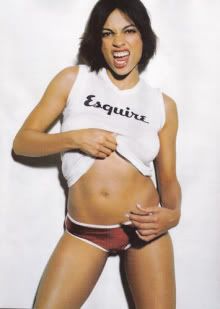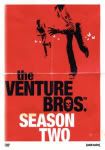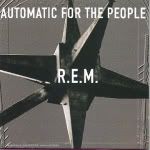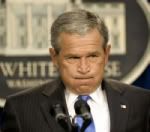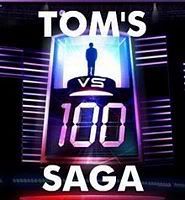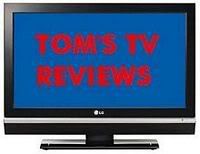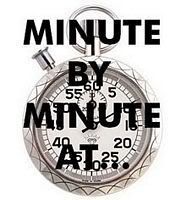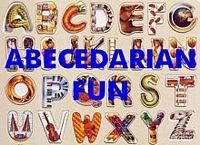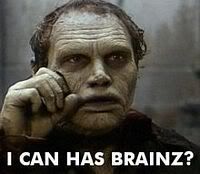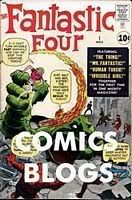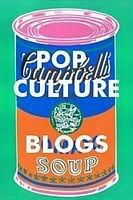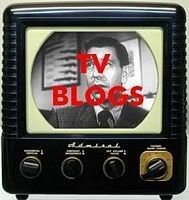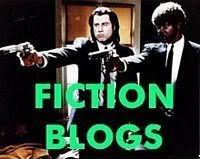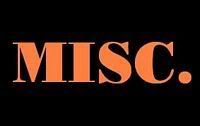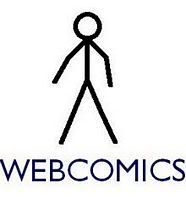Two items on Roger Ebert
Item the first:
I hadn't watched it for a while, but I watched Ebert & Roeper (or really, for more than a year now, Roeper & Random Guest Critic) last week, and again this week. And it's striking how much damage has been done to the show's tradition, impact, and integrity by the absence of the Thumbs.
If you haven't heard, the Thumbs Up/Down grading system has been removed from the show. This is due to a breakdown in contract negotiations last August between Ebert, who co-owns (with Gene Siskel's family) the trademark on the Thumbs, and Disney-ABC, which distributes the show.
If you believe the statement from Disney, Ebert forced the show to remove the Thumbs ratings and symbols, until the contract dispute was resolved. If you believe Ebert, he granted the right to use the Thumbs while good-faith negotiations continued, and it was Disney who banned the Thumbs. Not surprisingly, I believe Ebert.
It seems silly that such a fuss could be kicked up over two manual appendages. (It seems even sillier for me to keep capitalizing them as Thumbs -- which still falls short of, as Ebert would have it, THUMBS™). But the truth is, there's no more coveted or trusted sign of critical approval in American film than "Two Thumbs Up!" And for Roeper now to have to conclude each show with such wimpy summations as, "We both liked this, we both didn't like that," instead of the definitive, "Two thumbs up! Two thumbs down!" -- it's just a massive disappointment.
I've loved the various incarnations of this show for over two decades now, and to watch it be castrated by Disney like this is shockingly disrespectful, and more than a little sad. Reason #8,700 to hate the Disney corporation. (That said, I'm still going to Disneyland in one week! I am powerless to resist the call of the Mouse!)
Item the second:
Roger Ebert's new review of Grindhouse (he's catching up on movies he missed while he's been ill) includes the following snippet:
"Tarantino's Death Proof, which I liked better, splits into two halves involving quartets of women, most of them lesbians..."
Most of them lesbians?
First of all, how is this even relevant? If Ebert were going to make a point about this later in his review, about the usage and context of the characters' sexual orientation within the film, it would be understandable. As is, it's just weirdly out of place; it feels like a leering and/or sniggering jape from a little boy. Tee hee! Lesbians!
Secondly -- is that even accurate? Were most of them lesbians? Does that mean three women out of each quartet? Or five out of the total eight? I know Jungle Julia was, if only because she was connected to a female doctor from Planet Terror; I don't recall anything about the sexuality of the other women. Did I tune out that much during the wildly overwritten and agonizingly interminable dialogues between these characters? I probably did, come to think of it; that was some boring-ass shit.

